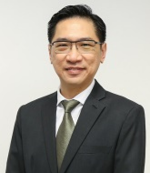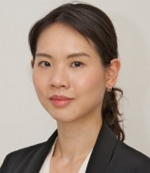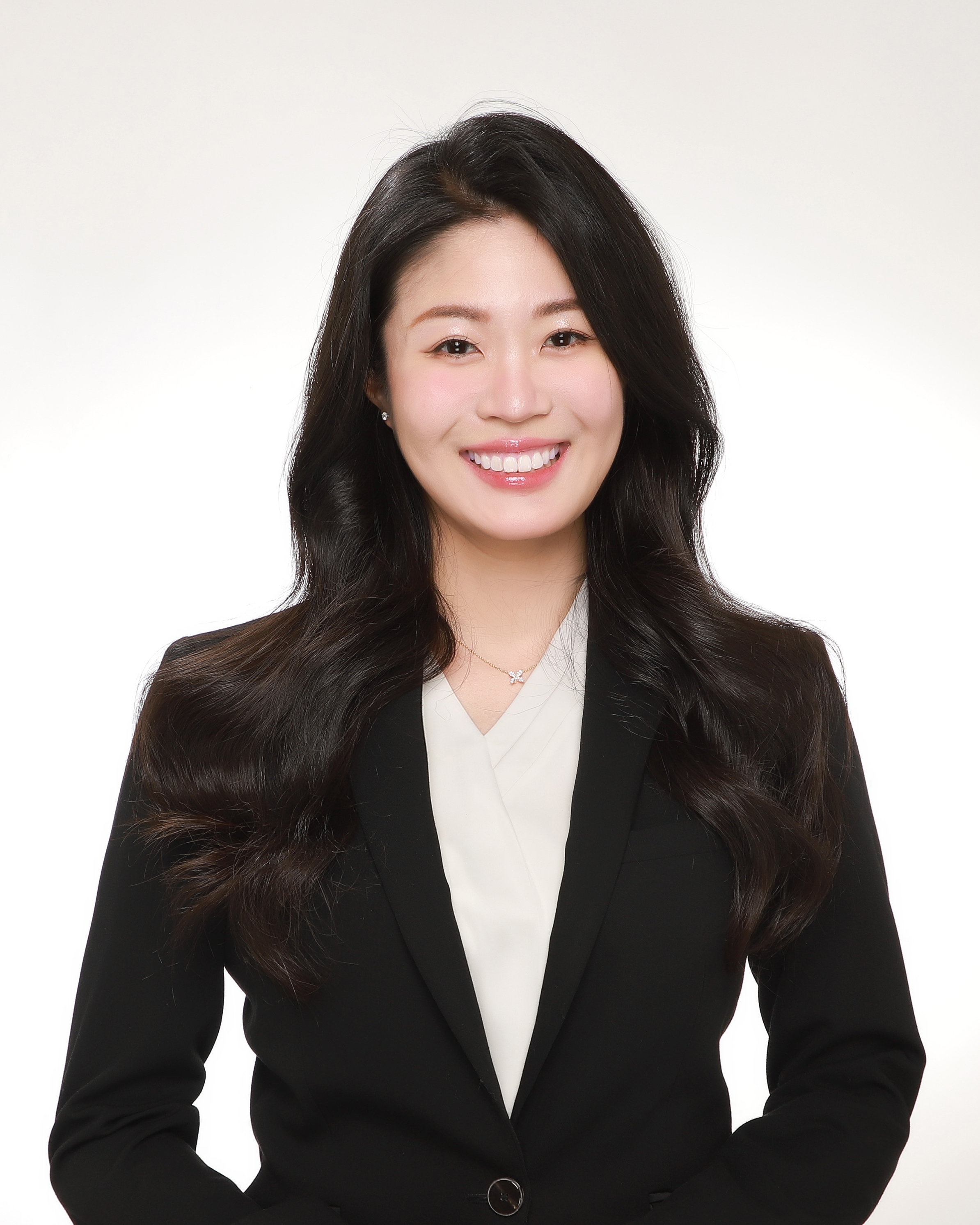Diagnosis
At NUH, we have a dedicated Otolarynologic (ENT) Allergy Clinic within the ENT Centre. Since its inception as a part-time service in 1995, the Clinic has evolved into a fully specialised clinical service from 2002, staffed with dedicated physicians, allergy nurses and research scientists. We cater to both adults and children, managing conditions such as allergic rhinitis, nasal polyps and food allergies.
A full range of diagnostic services is available, including individualised patient testing under the supervision of specialist physicians. Diagnostic methods may include blood tests like RAST, skin prick and intradermal tests, as well as endoscopic examination of the nose and upper airway.
Following consultation and testing, a range of therapeutic options is considered. Our dedicated allergy nurse plays a crucial role in patient education and counselling on allergy management, focusing on environmental modification, pharmacotherapy compliance and correct application techniques for nasal sprays.Beyond conventional drug therapy, our Clinic also provides immunotherapy, available via subcutaneous or sublingual administration.
The Allergy Service also has an important role in both research and medical education. It conducts and coordinates clinical trials on various aspects of Otolaryngologic Allergy, contributing significantly to international abstracts and publications. The team organises local and regional meetings and workshops, including successful workshops on Otolaryngologic Allergy and Immunotherapy for regional physicians.
Given the specialised nature of the Otolaryngologic Allergy Clinic, direct referrals are not accepted. Prospective patients are first assessed by an Otolaryngologist to rule out alternative diagnoses before being referred to the Clinic for management.
Skin Prick Test (SPT)
SPT, performed on the forearm, tests for inhalant allergies. Common allergens include house dust mites, pet dander, cockroach, mould and various pollens. The procedure is generally well-tolerated, even by young children, with results available within 20 minutes.
Intradermal Provocative Food Test (IPFT)
IPFT assesses Cyclical (non IgE-medicated) Food Allergies. It involves injecting small quantities of diluted food extracts into the upper arm, with reactions measured at regular intervals. The entire process, including explanation of test results, takes about three hours.
Radioallergosorbent Test (RAST)
RAST, a blood test, can identify either Inhalant Allergy or Fixed (IgE-mediated) Food Allergies. Results typically take up to two weeks. RAST is often utilised when skin conditions or certain medications, such as antihistamines, sedatives or antidepressants, may interfere with the accuracy of other allergy tests.
Allergy Counselling
Managing inhalant allergy includes counselling on proper environmental control and advice on allergy-reducing products. Based on allergy test results, our Allergy Nurses provide guidance on strategies to minimise or avoid exposure to allergens.
Diet Counselling
For patients undergone IPFT, Allergy Nurses assist them in interpreting test results and emphasise the importance of dietary management. Patients are advised to avoid allergenic foods for a prolonged period to alleviate symptoms and improve their quality of life.
Immunotherapy
Immunotherapy aims to gradually desensitise the body to the allergen, potentially modifying or suppressing the allergy response. It involves:
- An initiation phase, where the allergen dose is incrementally increased.
- A maintenance phase, with the maximum tolerated dose administered for an extended period (typically at least three years).
- Immunotherapy can be administered subcutaneously or sublingually.
Treatment Options
Allergen avoidance and pharmacotherapy – Primary treatments for allergic rhinitis. Patients who do not respond adequately to these measures may benefit from medications, specific immunotherapy, surgery, or a combination, depending on their symptoms.
Medications – Nasal steroids and antihistamines are central to treatment. Additional intranasal or intraocular chromones and anti-leukotrienes may be prescribed as needed.
Immunotherapy - Recognised as an effective treatment for allergic rhinitis, immunotherapy (desensitisation therapy or allergy shots) has been successfully implemented in our department for many years. It can be administered either subcutaneously or sublingually.
Surgery - Patients with persistent nasal obstruction due to structural abnormalities may benefit from corrective surgery.
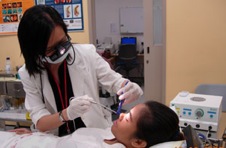
Nasal and Sinus Surgery
Various surgical treatments are available for different nasal conditions. Some minor procedures, such as radiofrequency reduction of the inferior turbinates for nasal obstruction and simple palatal procedures for snoring, can be performed on an outpatient basis under local anaesthesia in the ENT clinic.
Image Guidance Endoscopic Sinus Surgery
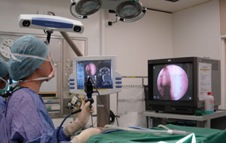
Major surgeries, either as day procedures or requiring inpatient care, are conducted in the operating theatre. These include open or endoscopic procedures to address nasal deformities, sinus infections, nasal polyps or tumours. Most endoscopic sinus surgeries employ a computerised image-guided system to enhance the safety of the surgery by confirming key nasal landmarks and enabling more comprehensive removal of diseased tissues.



